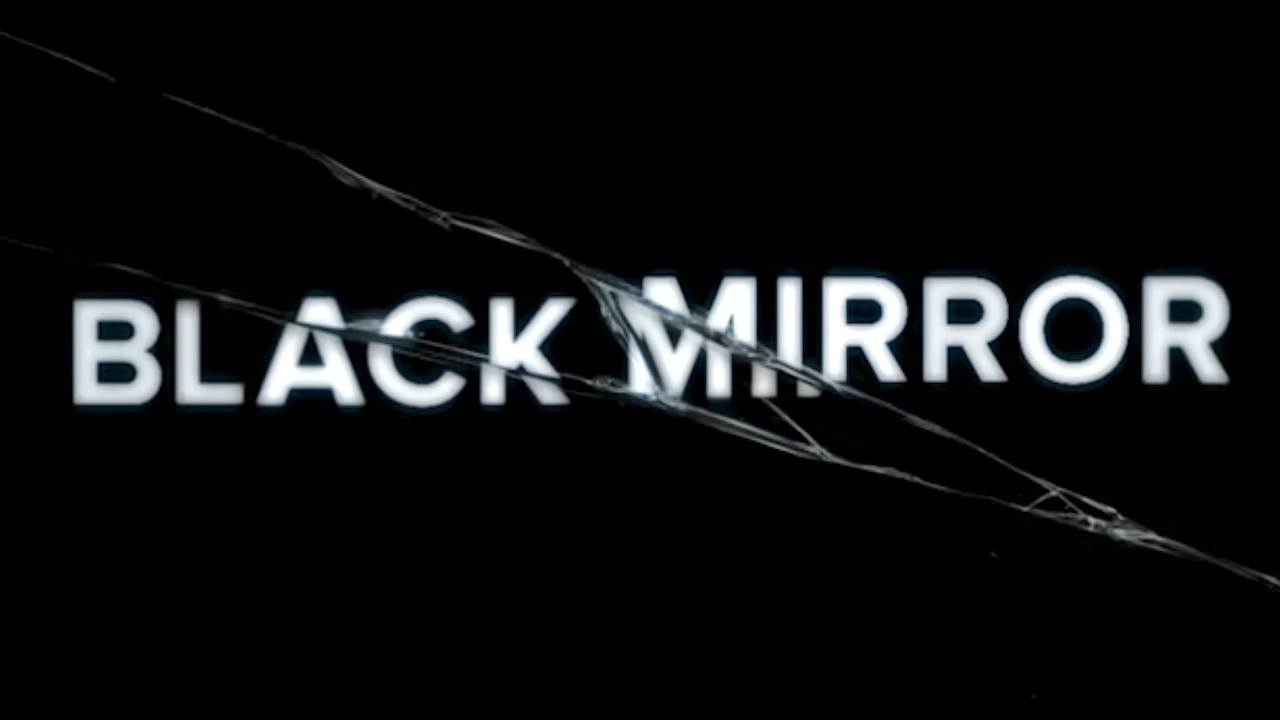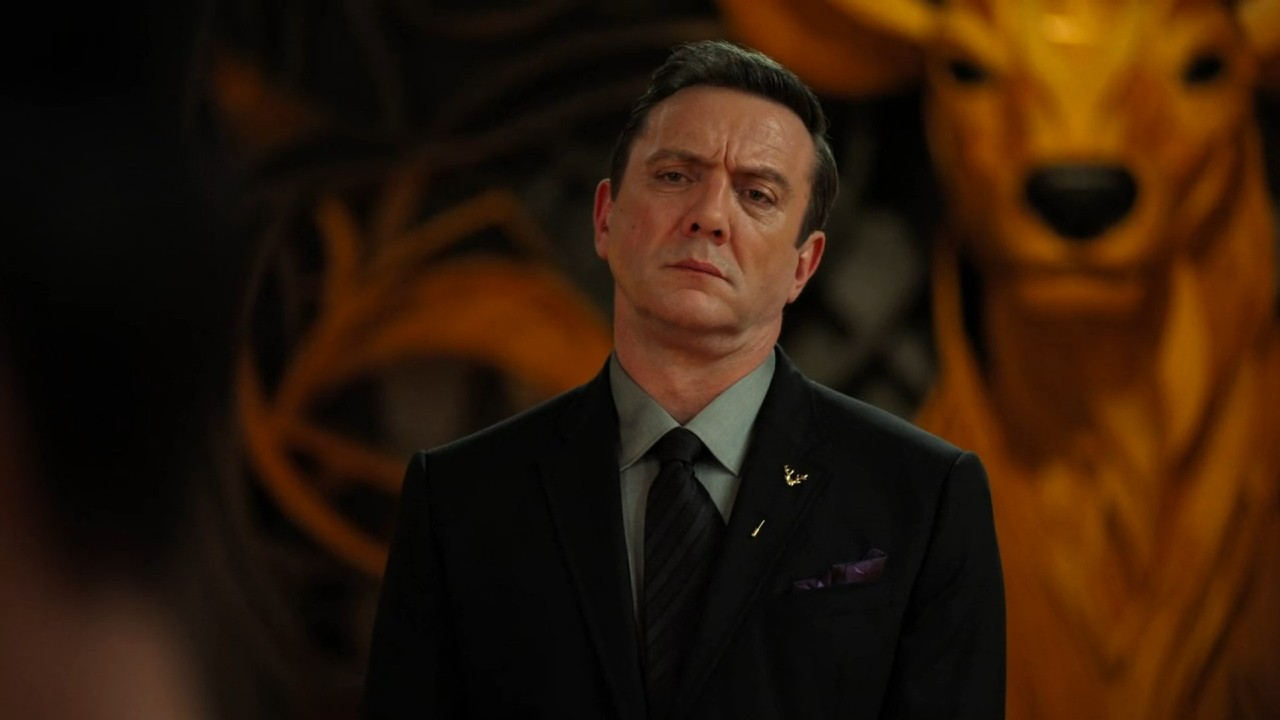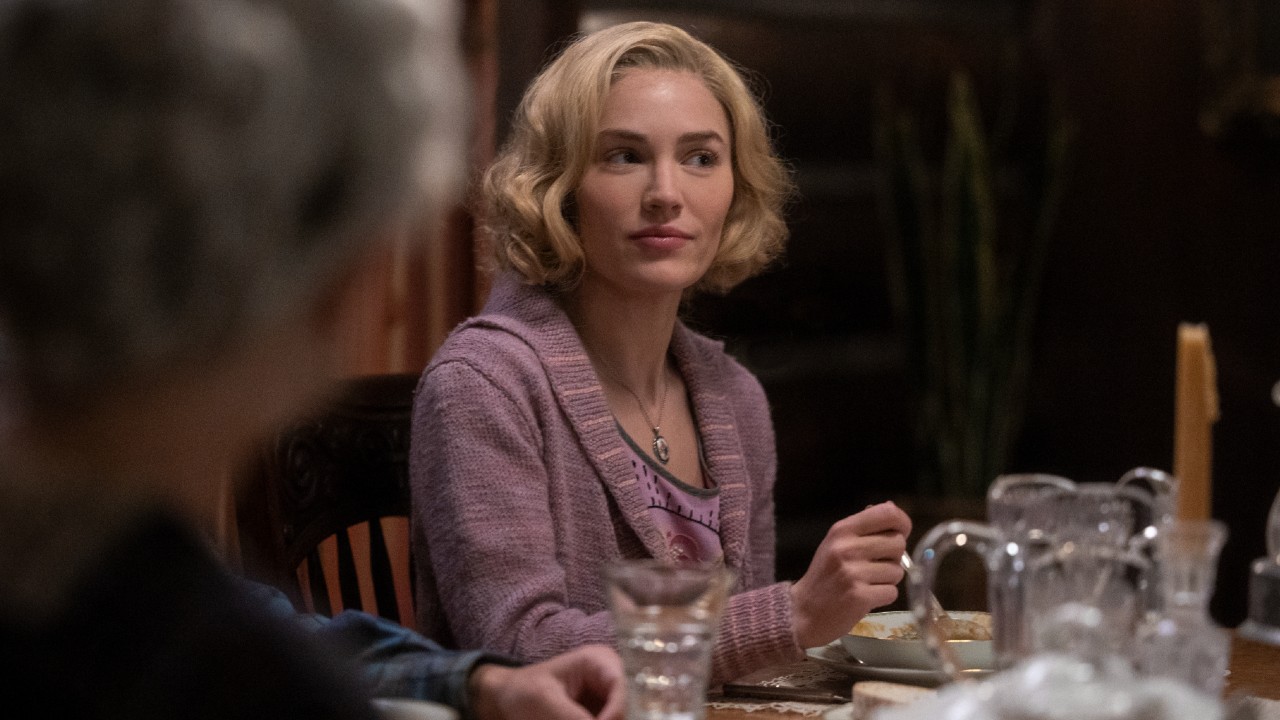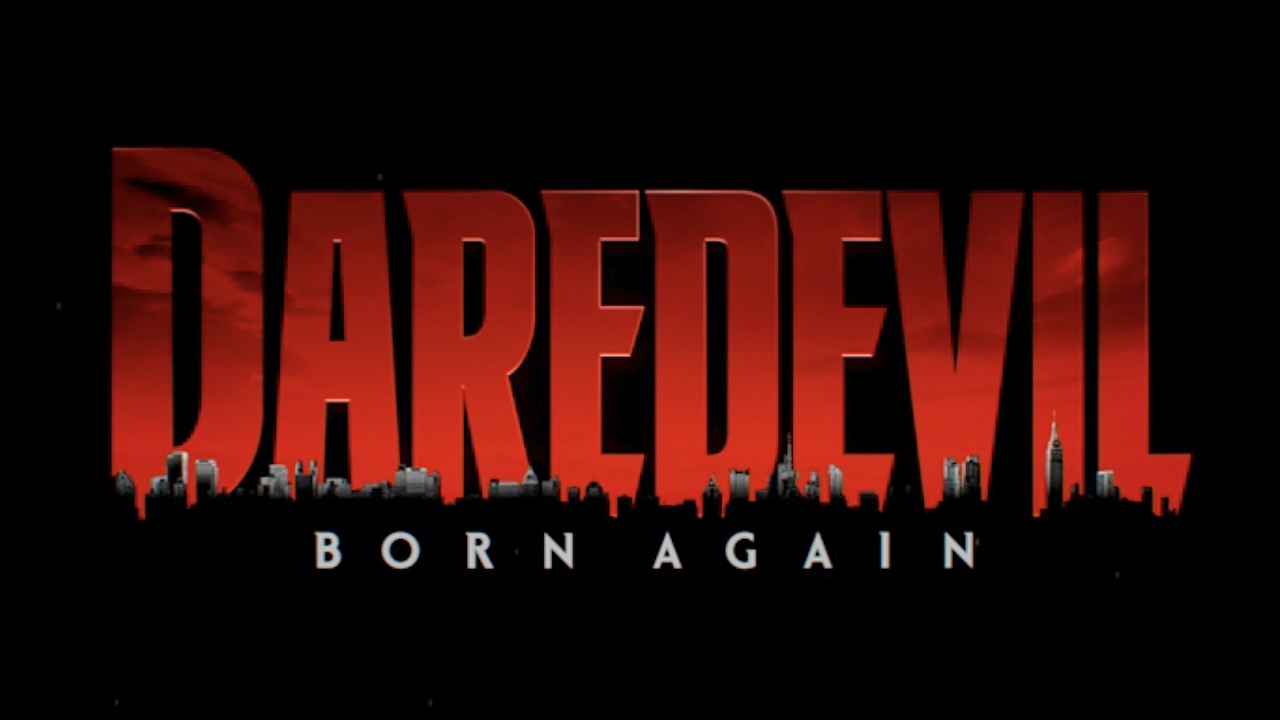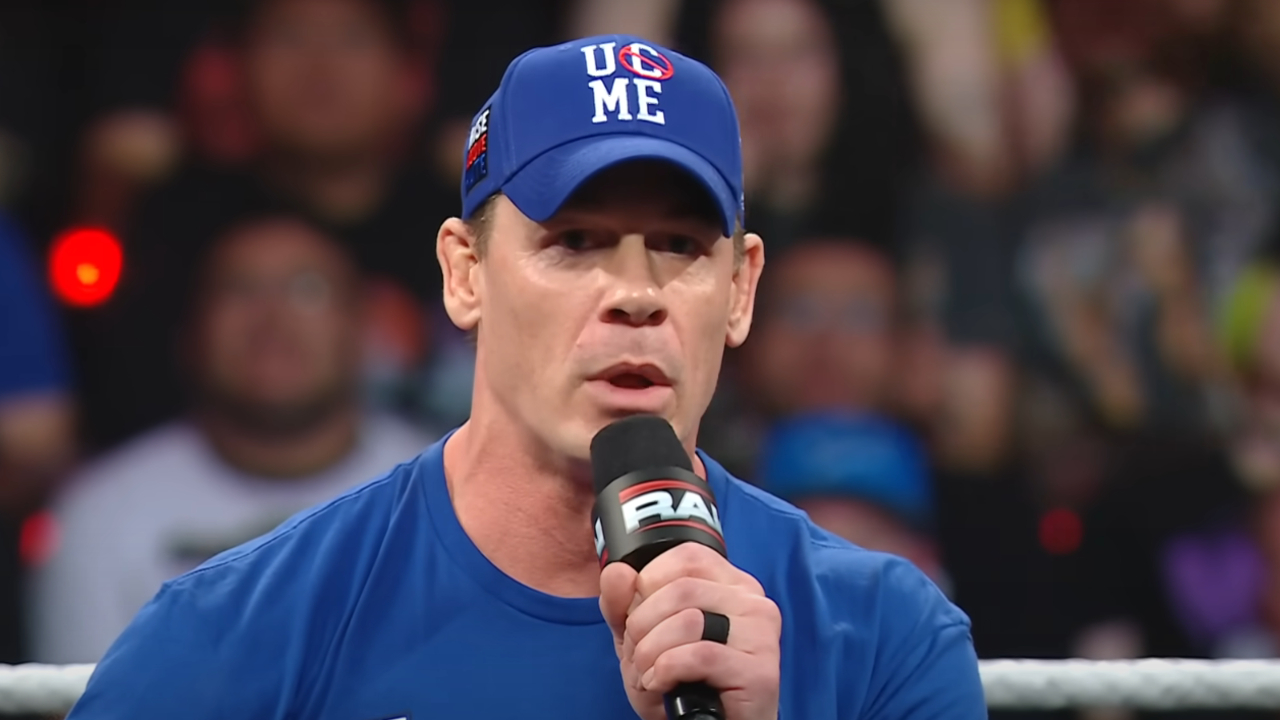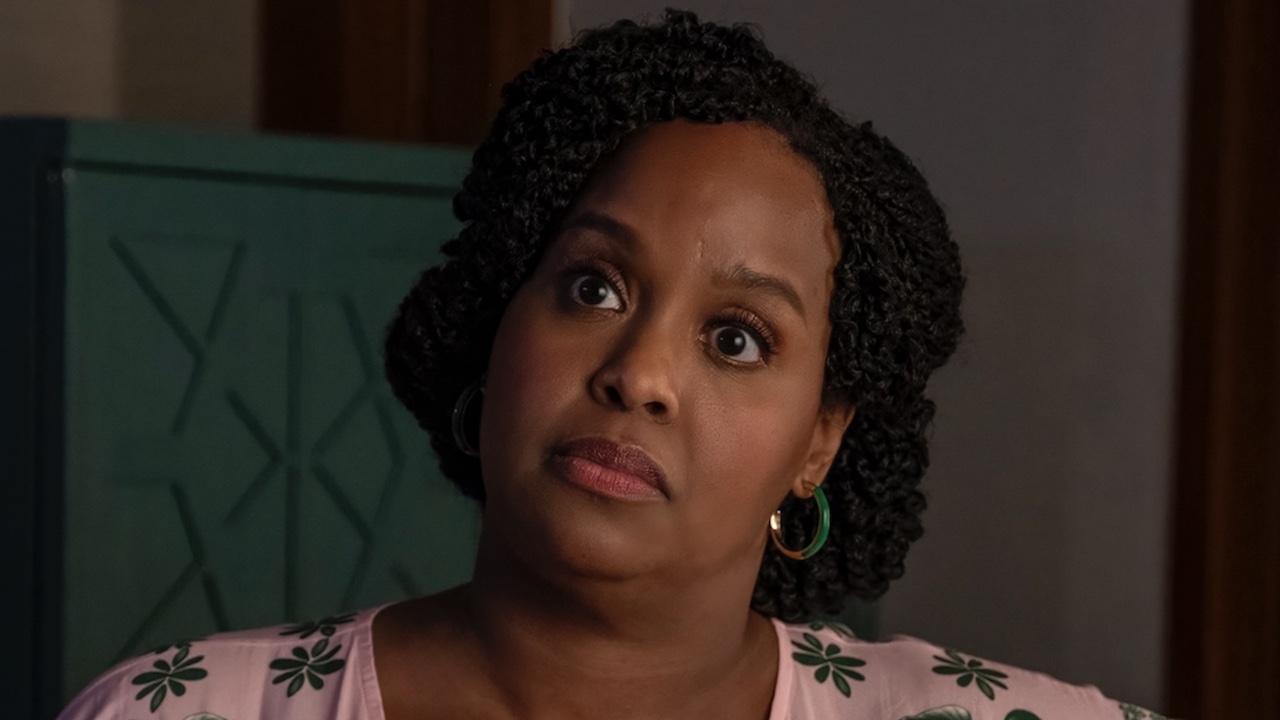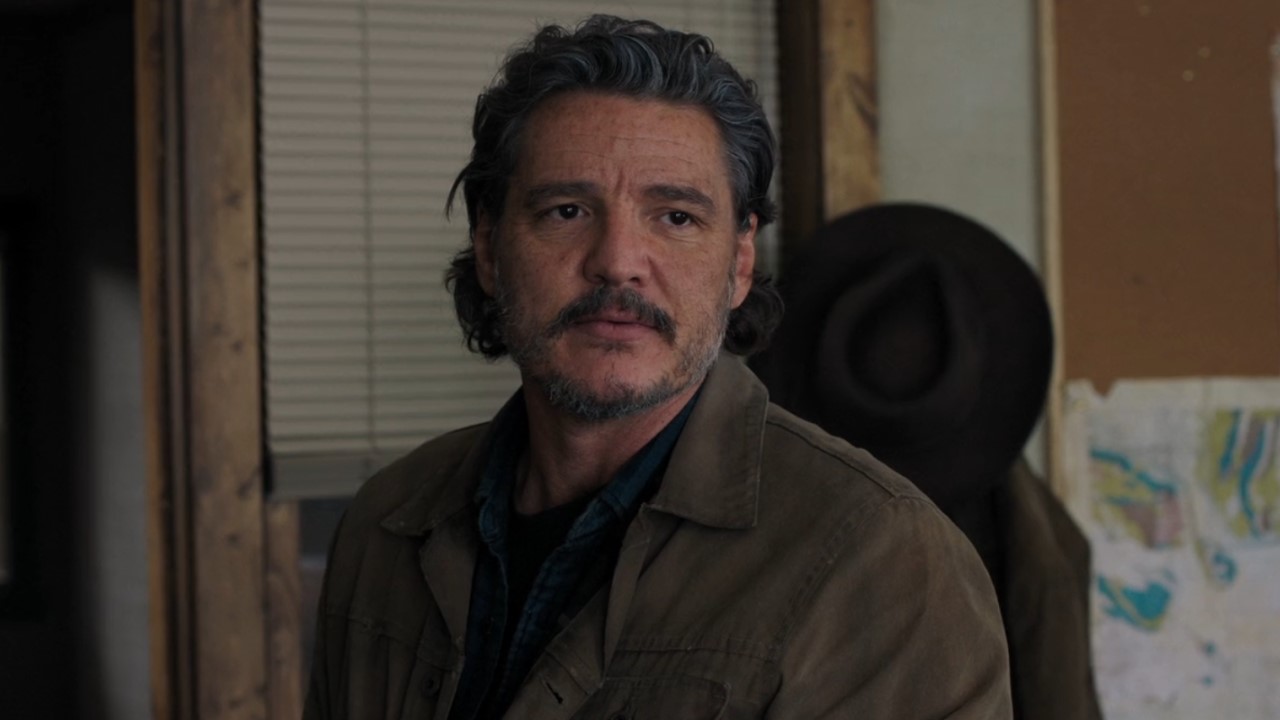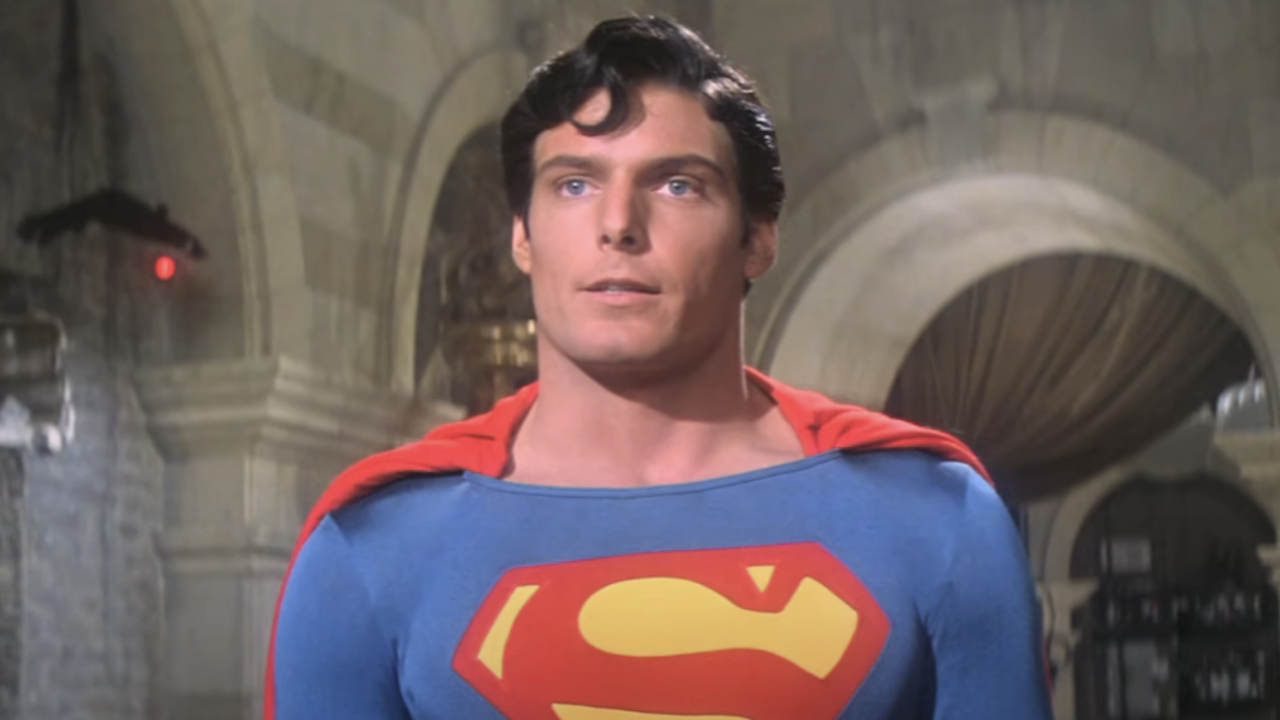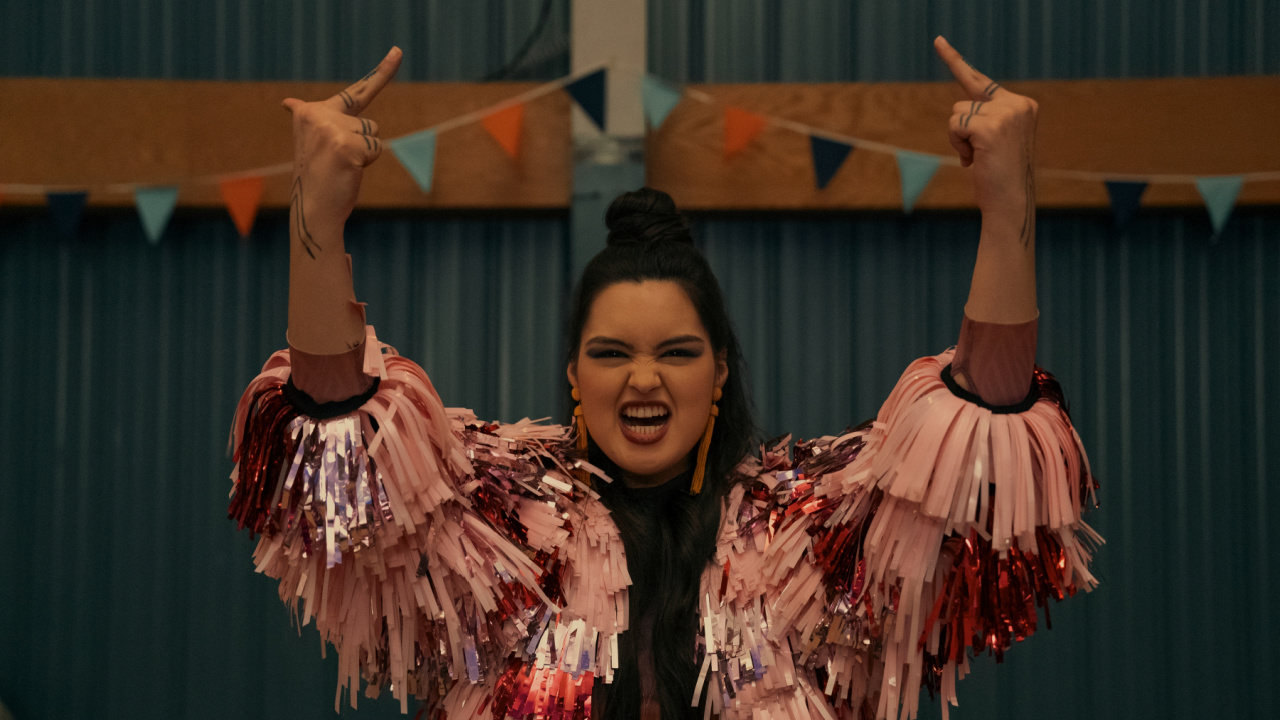Atonement Ending Explained: When Reality Ends
Let's reexamine that ending. We have a lot to discuss.
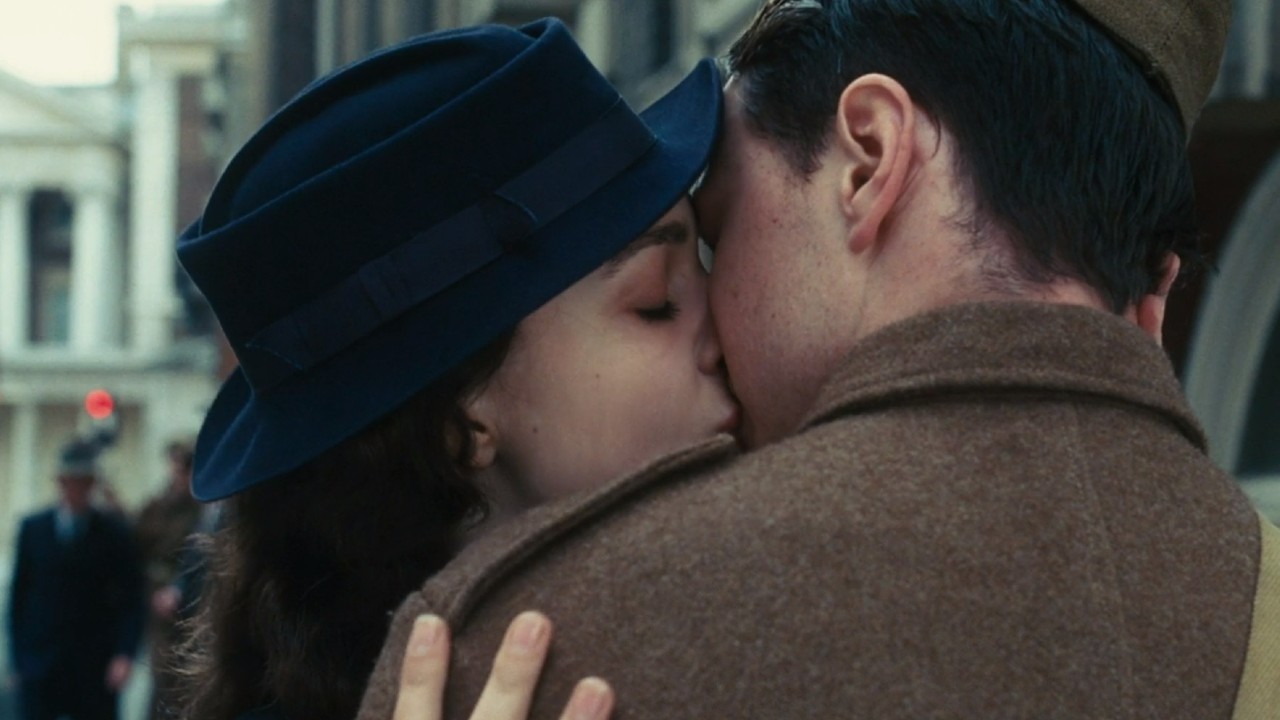
The Greatest films have the ability to haunt you long after the credits roll. Usually, It’s the brilliant or shocking endings that light the final match to imprint these movies permanently in your memory. It’s the final triumphs or gut punches that make movies and their endings unforgettable. The Atonement ending offers both a triumph and a gut punch.
Throughout Atonement, we watch two narratives. One that’s hazy on the facts and another that’s told in a matter-of-fact manner. It’s only during the final moments that we realize we’ve been watching the film from one perspective all along. Briony is the narrator and we are stuck in her reality. This makes the Atonement ending more complicated and tricky. Let us discuss what happened.
Warning: Atonement spoilers ahead. Proceed with caution.
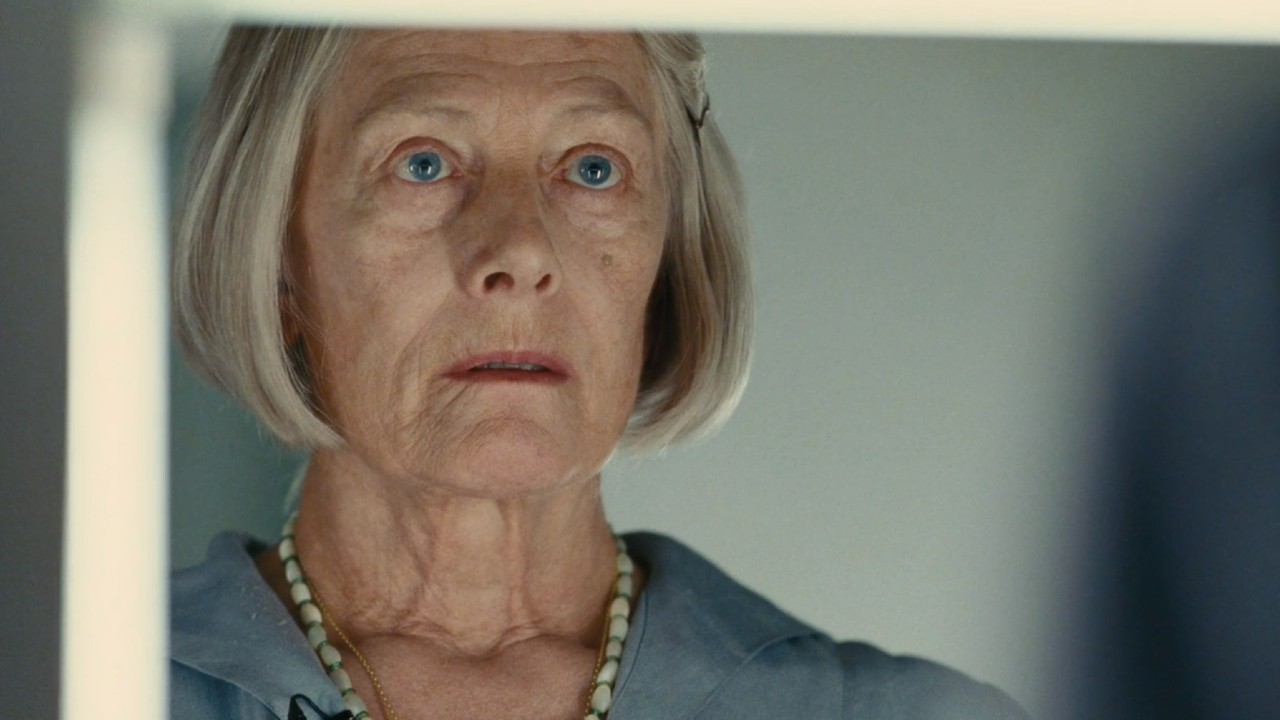
What Happened At The End Of Atonement
Briony (Romola Garai) goes to see Cecilia (Keira Knightley) after Lola (Juno Temple) and Paul Marshall’s (Benedict Cumberbatch) wedding. She finds Robbie (James McAvoy) living with Cecilia. Briony attempts to apologize but Robbie lashes out until Cecilia is able to bring him back.
She also tells them that Paul was the one who raped Lola that night. They realize that this means he will likely face no consequences for his actions. Robbie then instructed Briony to “write it all down. Just the truth—no rhymes, no embellishments, no adjectives.” He also asks her to leave them alone.
Briony rushes to leave, and the movie then switches to an older Briony (Vanessa Redgrave) being interviewed. She talks about writing her latest novel, which tells the story of Cecilia and Robbie. It’s called Atonement.
She’s dying, and this finally allows her the freedom and courage to tell the truth. She says that everything in her novel is true except for the part about Robbie and Cecilia’s reunion.
CINEMABLEND NEWSLETTER
Your Daily Blend of Entertainment News
They both died before ever seeing each other again. He died at Dunkirk from septicemia in 1940. Months later, Cecilia died because of a bomb that destroyed the gas and water mains above the Balham tube station.
She adds “but what sense of hope, or satisfaction could a reader derive from an ending like that?” That’s why, in Atonement, she wanted to give them what they missed in life. This is her final act of kindness.
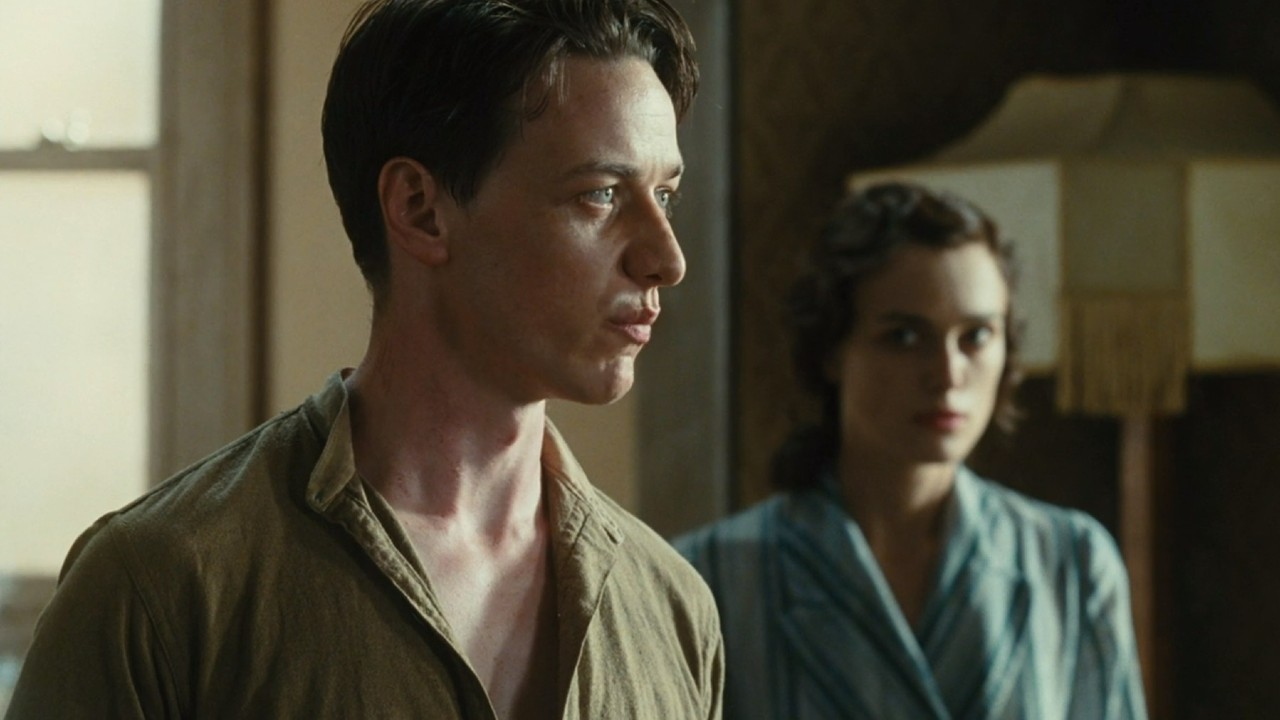
Cecilia And Robbie’s Deaths And End Of Their Story
Because of the deaths of Robbie and Cecilia, their love story remains unfinished. The story cannot resume. They will never get to continue what began in the library. There’s nothing next for them. A happy ending isn’t a possibility…at least not in life. They cannot write their own ending together because death has given them both a lonely and tragic end.
Briony (Saoirse Ronan as the teen) is the catalyst that tears them apart and causes Robbie’s death, because he only enlisted to get out of prison. Briony stole their story and indirectly forces the ending of his story.
James McAvoy gives one of his best performances in Atonement, which allows you to feel his tragic death even more. Keira Knightley also gives one of her best performances in this film, so you want nothing but the best for them.
However, knowing the truth, the ending feels hollow. You can’t ignore their truth once you know it. This isn’t a story with a happy ending, no matter which way Briony writes it.
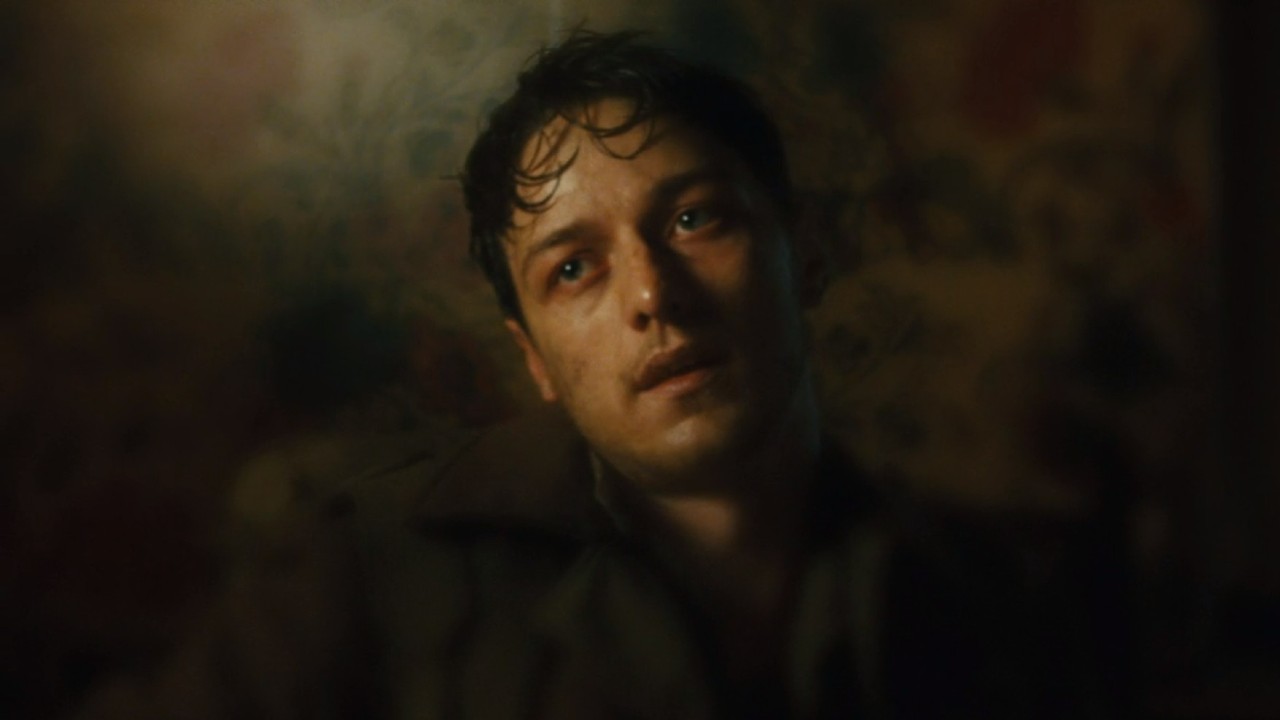
The Loss Of Authorship In Atonement
Atonement is all about storytelling, imagination, and the roles authors play. It’s also about their duties to the reader. Do they need to tell a truthful story or a compelling one?
The Atonement ending makes it clear that the story that unfolds on the screen is from Briony’s novel.
In an interview with Atonement author Ian McEwan at the École Normale Supérieure de Lyon (via Cairn International), McEwan discusses writing the novel as if he was Briony writing Atonement. This makes it hard to distinguish reality from fiction in the story we watch (or read) unfold. Of course, everything is fiction here, but we're not sure what's fiction within the context of this world.
Briony is an unreliable narrator, so we see Robbie’s perspective but don’t know if these are really his thoughts and memories or if Briony wrote what she believed would be Robbie’s thoughts and memories. However, in the end, it doesn’t really matter. This is very much a story where Briony is constantly writing Robbie’s story for him.
Her actions make it impossible for him to forge his own path. She convinces herself that he’s a sexual deviant and then convinces others by accusing him of rape.
She once again takes away Robbie’s power to tell his story when she doesn’t show his death. If you pay close attention, when Robbie dies, he says, “You won’t hear another word from me, promise!” He says this to Nettle (Daniel Mays), but it's also a nod to the audience that this is where Robbie's story and supposed perspective ends.
We then hear Briony’s typewriter. She once again becomes the author of Robbie’s story—changing his future. As the author, she holds all the power. It is her job to be either truthful or hopeful. She chooses hope until she blindsides her reader (us/the audience) with what really happened.
She allows her imagination, once again, to control the narrative, and again steals something from Robbie and Cecilia. She takes from them the ability to tell their own story, because of her part in their deaths.
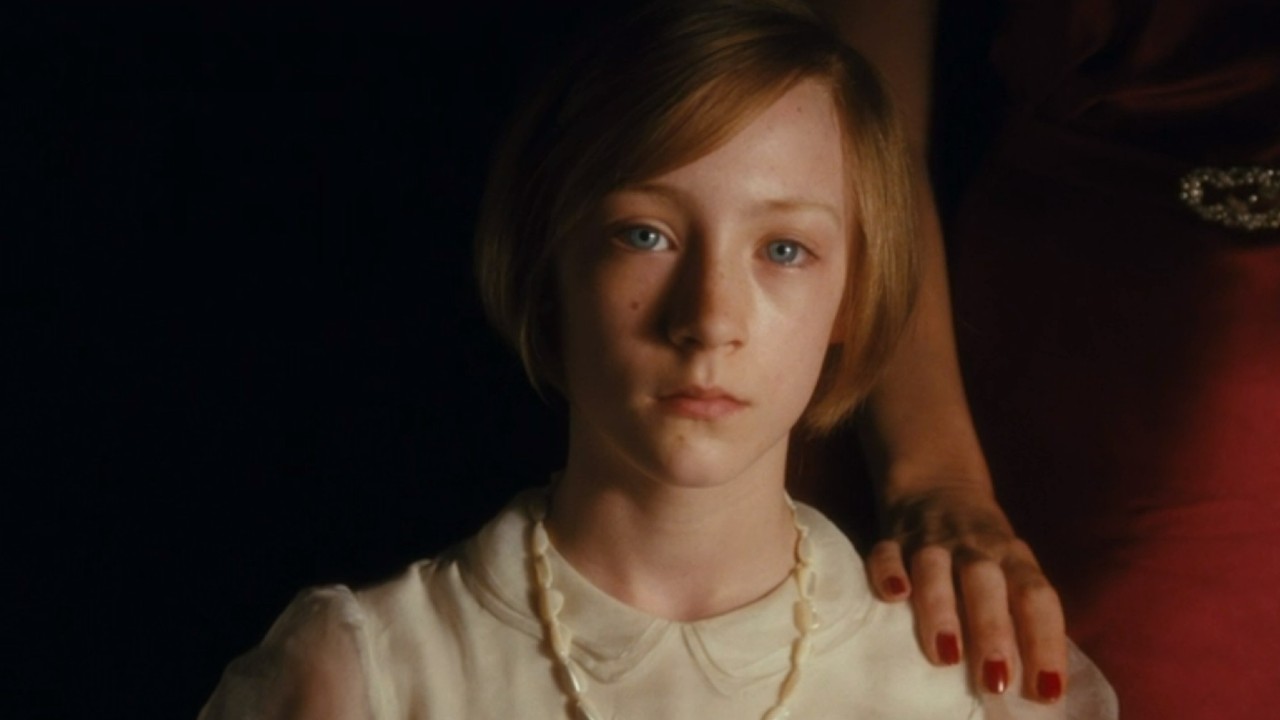
Did Briony Atone For Her Crimes?
In the same interview at École Normale Supérieure de Lyon, Ian McEwan said that Atonement is a “novel for other writers; a book about the moral responsibilities of imagination, if they exist at all.” He further states in a Penguin Publishers feature on Atonement that Briony's "imagination has her in its grip," meaning:
It soon becomes apparent that her imagination was the element that would disrupt and eventually ruin the love between Cecilia and Robbie.
Briony’s crime isn’t just her lying but her allowing her imagination to consume her and play with people’s lives. It makes her a good author but destroys other people’s lives. Her way to atone for these sins is to tell the truth. However, she doesn’t completely tell the truth, so she sees her atonement as giving Robbie and Cecilia a happy ending, and giving the readers what she stole from the lovers.
In my opinion, by giving them a happy ending, it doesn’t seem like an act of kindness, as she hopes. Instead, it seems like she wants to cleanse herself of her sins by giving them a happy ending, despite her actions. However, that’s not realistic or fair to them. They deserve the full truth.
Saoirse Ronan gives one of her best performances as Briony. It's so good that it almost makes it easy for you to hate a child.
Ian McEwan doesn’t consider her to be a bad person, and neither do I. She’s a confused young child after all. However, her story shows the importance of authorship. It's the power of being able to tell one’s own story and not let someone impose a story on you, or borrow your story and alter it as they see fit.
Whether Briony's novel atones for her crimes depends on what you value in a story and storytelling: Does a happy ending with hope make up for a tragic journey or should the truth be told, skeletons, devastation, and all?
Atonement can easily be added to the list of the best romantic movies, despite the lack of a happy ending (or maybe because of it). It’s filled with wonderful performances and an unforgettable love story, and I think it’s one of the best movies to stream on HBO Max right now. The ending adds to the legacy of the film and makes the story of Cecilia and Robbie tragic but in a beautiful way.
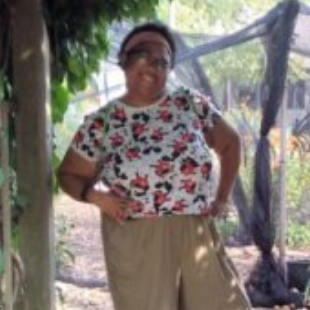
Spent most of my life in various parts of Illinois, including attending college in Evanston. I have been a life long lover of pop culture, especially television, turned that passion into writing about all things entertainment related. When I'm not writing about pop culture, I can be found channeling Gordon Ramsay by kicking people out the kitchen.
Chris Evans Pens Sweet Tribute To ‘Older Sibling’ Scarlett Johansson, And Now I Really Need To See Them Team Up For Another Movie
Bowen Yang And Kelly Marie Tran Open Up About Crew Members Sharing What It Felt To Work On A Queer Set For The Wedding Banquet: 'It Just Felt Really Magical.'
